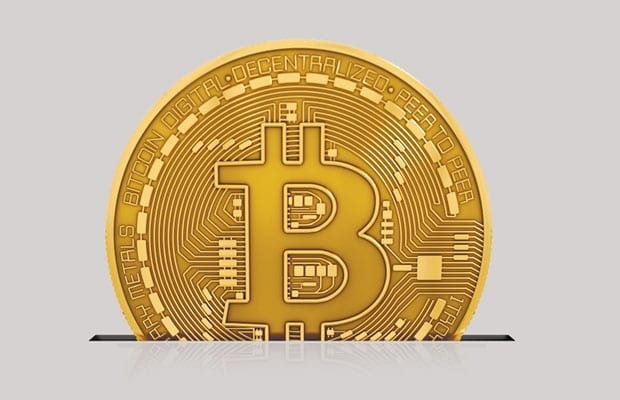
By Rohas Nagpal, Chief Blockchain Architect of Primechain Technologies Private Limited
- Advertisement -
26th January 2020: The Government of India has just banned all paper and coin currency and these are no longer acceptable as legal tender.The conventional rupee has been replaced by IndiaCoin, a blockchain based virtual currency issued by the Reserve Bank of India. All taxes have also been abolished.
IndiaCoin is expected to completely eliminate payment fraud. It will ensure zero money laundering, zero counterfeiting and zero tax evasion in addition to savings in cost of printing and paper. It is expected to reduce crime, as there will be no way for a criminal to hide his ill-gotten gains.
The official Government of India blockchain is called IndiaChain which is a hybrid, permissioned blockchain running on 2061 nodes (3 nodes in each of India’s 687 districts). IndiaChain contains every Indian’s biometric information linked to a unique 32-character India ID. This ID number is the only number that a citizen will need instead of the erstwhile Aadhar, PAN, driving license, Passport, Bank Account, DIN and numerous other numbers that citizens had to grapple with.
The India ID will also serve as a citizen’s “public address” for IndiaCoin. Making payments can now be done in 2 very simple ways. For payments upto Rs. 200 all you need to do is click the receiver’s photograph through the IndiaCoin mobile app and enter the amount you wish to pay. This is very convenient for small payments such as those to a tea-stall, vegetable vendor, taxi driver, barber, etc.
Payments above Rs. 200 can be made through your fingerprint and your photograph taken at the point of sale (e.g. at a mall) in real time.
IndiaChain will contain details of every citizen’s academic records, land records, driving license, investments, marriage certificates, criminal records, biometrics, etc. Basically, IndiaChain would have a citizen’s birth certificate, death certificate and everything in between.
- Advertisement -
Over the next 12 months, all physical property and assets would be mapped with their digital equivalents on IndiaChain. So, when you buy a new car, its details would be added to a smart asset on IndiaChain and every subsequent sale, insurance claim or even theft would be automatically appended to the car’s record. This would make it very easy for the police to detect thefts.
Taking and giving loans is also going to become very efficient. People with money to lend would create smart contracts by mentioning the amount of money they are ready to lend, the time period and minimum acceptable rate of interest. Anyone seeking to borrow money would in turn enter the amount, time period and maximum acceptable rate of interest in a smart contract. IndiaChain would then map borrowers and lenders and move the funds. Defaulting on loans would be impossible, as all the assets of a citizen would be linked to his India ID. If the borrower’s IndiaCoin balance falls below the EMI, the smart contract would automatically trigger a sale of the borrower’s assets to pay the instalment.
With the introduction of IndiaCoin, the Government has also abolished all taxes and introduced a transaction fee. So, every movement of IndiaCoin from one public address to another would incur a 0.1% transaction fee. There would be no need for filing any tax returns. No more income tax, sales tax, service tax, wealth tax, value added tax, GST, profession tax, capital gains tax, etc.!
Business contracts and even wills will now move on to the IndiaChain as smart contracts.
Over the next 6 months, all non-sensitive Government documents will be placed on IndiaChain. This will remove the need for the Right to Information Act, as all relevant Government documents will be available to citizens through the IndiaChain mobile app. This is expected to greatly increase transparency and reduce corruption & inefficiency in all segments of the Government.
The Government will soon begin using IndiaChain to gauge the sentiments of the public towards various issues of national importance. The Government would post issues on the IndiaChain mobile app and citizens could submit their opinions at the click of button e.g. the Government could post “Should India bid for hosting the Olympics?” and citizens could just vote “yes” or “no”. This will empower the citizens to influence Government decisions.
The 2024 general elections in India will be conducted completely online. Citizens would need to download the Election Commission’s e-voting mobile app and use their biometric features to cast their vote. This system would reduce the cost and manpower requirements of conventional elections. The voting process of the 2024 general elections is expected to be completed in 30 minutes or less.
Some sections of the opposition parties have condemned the establishment of IndiaChain saying that it will infringe upon the privacy of citizens.
– Rohas Nagpal is a blockchain evangelist and Chief Blockchain Architect of Primechain Technologies Private Limited. The opinions expressed in this article are the author’s own.
If you have an interesting article / experience / case study to share, please get in touch with us at [email protected]
Advertisement



